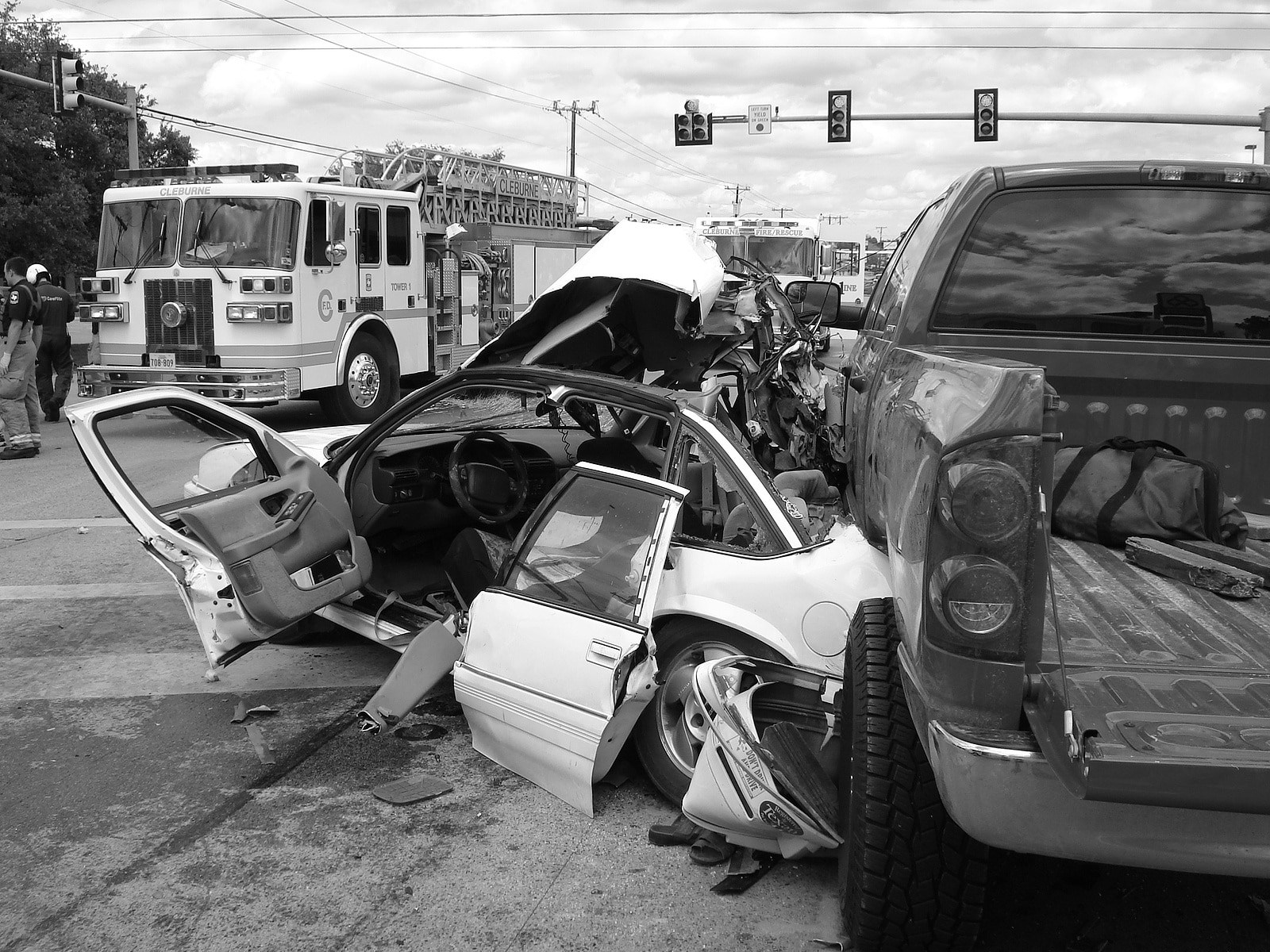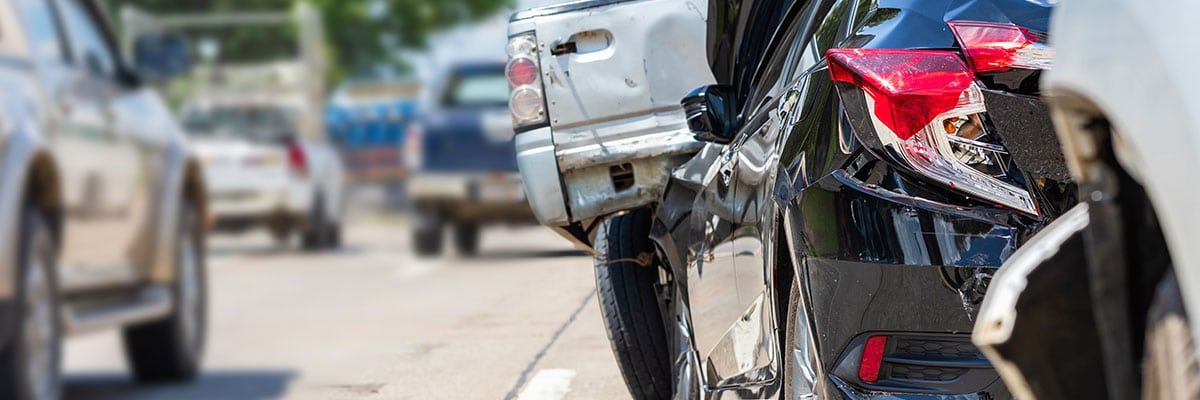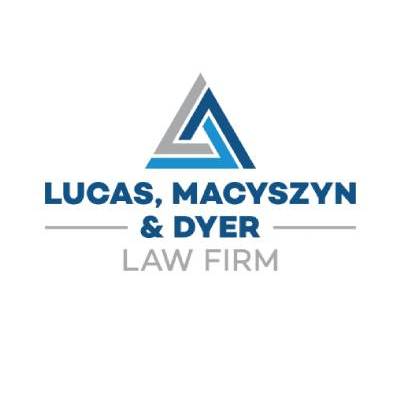
Many states, including Florida, have dram shop liability laws that hold certain alcohol-serving establishments responsible for injuries and damages caused by their customers, guests, and patrons to others in certain situations. The term “dram shop” is traced back to English common law, which referred to commercial establishments that served drams of alcohol (small units of liquid). While people no longer use the term “dram shop” or “dram” when referring to alcohol-serving establishments or units of liquid, the name of the law has remained unchanged throughout the years.
If you or someone you love has been in an accident caused by an intoxicated individual, you might be entitled to compensation through the dram shop liability law. However, you need to understand the requirements and limitations of this statute in Florida before suing the establishment that served alcohol to the individual who caused you harm.
After a drunk driving accident, always discuss your options for injury claims with an experienced New Port Richey car accident attorney who can explore a possible dram shop claim.
Dram Shop Liability Law in Florida
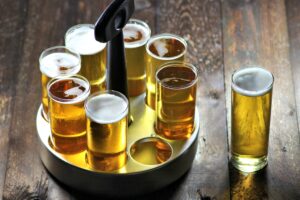
While Florida has a dram shop liability statute, which is found in Fla. Stat. § 768.125, the state’s law is not as strict as in other states. Many states that have dram shop laws allow injured victims to sue establishments that serve alcohol to visibly intoxicated individuals, and those individuals end up hurting someone else.
In Florida, however, you cannot sue an establishment simply because it served a clearly intoxicated person, even if that person injures you or causes you property damage due to their consumption of alcohol. Thus, if you get into a car accident caused by a drunk driver with a blood alcohol concentration (BAC) above the legal limit of .08 percent (Fla. Stat. § 316.193), you cannot sue the establishment that sold or furnished alcoholic beverages to that driver, even if they were overly intoxicated at the time of service.
However, the dram shop law in Florida still holds alcohol-serving establishments liable for damages caused by their customers if they serve:
- A minor. The establishment can be held responsible for the harm a drunk customer inflicts on others if that customer is a minor under the age of 21. The establishment does not need to be aware that the person is underage at the time of service to be liable.
- A habitually addicted person. If a customer has a history of alcohol abuse or overdrinking and the establishment is aware of it but serves the customer anyway, the establishment can be held liable for any harm inflicted by that customer on other people while intoxicated.
You should also consider the time limit to bring a dram shop liability claim, which is generally two years from the date of the incident that caused you harm under Fla. Stat. § 95.11. Never wait to begin the process by consulting a car accident attorney.
What Are the Elements of a Dram Shop Liability Claim in Florida?
The success of your dram shop liability claim depends on your ability to demonstrate that you have a valid case to hold the establishment liable. This can be done by proving the following elements:
- Service to a minor or a known habitually addicted person. First and foremost, you must demonstrate proof that the establishment you file the claim against provided alcohol to a person who is either (a) under the legal drinking age of 21 (a minor) or (b) known to the establishment to be habitually addicted to the use of any or all alcoholic beverages.
- Causation. Then, you must establish that the person who was served alcohol by the establishment in question was intoxicated at the time of the incident and that their intoxication was a contributing factor in causing that incident.
- Damages. For a dram shop liability claim to hold, you must show that the accident directly resulted in damages suffered by you or a loved one (in the event of death). These damages can include medical bills, lost income, diminished earning capacity, loss of enjoyment of life, and other tangible and intangible losses.
A skilled car accident lawyer can file a claim against the establishment that served alcohol to the person who caused your injuries, property damage, or your loved one’s death. Before pursuing your claim, a lawyer will advise you on the merits of your claim to ensure your rights are protected.
What Evidence Do You Need to Prove a Dram Shop Liability Claim?
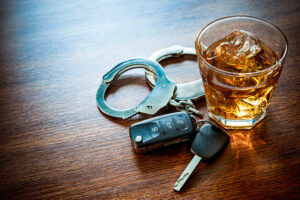
Now that you know the required elements to prove in a dram shop liability case, you may wonder what evidence you need to present to hold the establishment accountable. While everyone’s situation is unique, the following pieces of evidence are most frequently used to substantiate a claim of dram shop liability:
- Eyewitness testimony. Eyewitness accounts can provide some of the most compelling evidence about the events leading to the incident. In particular, witnesses may testify regarding the intoxicated driver’s maneuvers at the time of the incident and the actions of the establishment’s staff when the driver was served.
- Surveillance footage. Video evidence from the establishment can be a powerful testament to the level of service provided by the establishment. You may need to request CCTV footage inside the business and footage of the transaction and the individual consuming alcohol.
- Photos from the scene of the crash. Photographs taken at the accident scene can help establish the severity of the crash, which may underscore the implications of serving alcohol to a minor or a habitually addicted person.
- The police report. The official accident report may contain observations from law enforcement about the driver’s state, witness statements, and an initial assessment of the incident, all of which may be invaluable to a dram shop claim.
- The intoxicated driver’s toxicology results. Toxicology reports can conclusively determine the blood alcohol content (BAC) of a driver at the time of the accident, proving intoxication and supporting the assertion that the establishment should not have served the driver alcohol.
- The intoxicated driver’s receipts. The establishment’s itemized receipts or transaction logs can indicate the quantity and type of alcoholic beverages purchased. This can show a purchase history that may demonstrate liability.
- Your medical records. Medical documentation will detail the injuries suffered, treatments required, and the prognosis, all of which can be important for your dram shop liability claim, particularly the damages you seek to recover.
- Expert witness testimony. Experts in the fields of toxicology, forensic medicine, or alcohol service standards can interpret evidence and establish a link between the establishment’s service of alcohol and the resulting accident.
Not all of these types of evidence may be readily available to you, the victim of a drunk driving crash. That is why gathering evidence may feel frustrating if you do not have a lawyer. With a car accident attorney, you can streamline the process of collecting evidence and gaining access to some critical evidence, such as surveillance footage and toxicology results.
What Establishments Does Dram Shop Liability Apply to?
Dram shop liability can apply to any liquor licensee in Florida. If the establishment holds a commercial liquor license, it must abide by the state’s dram shop liability law. For this reason, the law may apply to the following establishments that sell or serve alcohol on their premises:
- Liquor stores. Liquor stores – despite not being locations where customers consume alcohol – are still bound by dram shop laws because they are in the business of selling alcoholic beverages. If a liquor store sells alcohol to a person who is underage or a known habitually addicted individual, and this leads to injuries or damages, the store can be liable.
- Restaurants. Any restaurant that offers alcoholic beverages on its menu must also adhere to dram shop laws. They must train staff to recognize minors and habitually addicted persons and have procedures in place to decline further service to such customers. Failure to do so can result in legal action should an incident occur due to their service.
- Bars and nightclubs. Bars and nightclubs are classic examples of dram shop liabilities. Given the high volume of alcohol they serve, these establishments need to be particularly vigilant. The nature of their business often places them at the center of dram shop liability cases.
- Hotels. Hotels that provide minibars or have on-site bars or restaurants are also subject to dram shop laws. If a minor or habitually addicted person is served alcohol and then injures someone or causes property damage, the hotel can be held responsible under Florida’s dram shop liability statute.
- Strip clubs and gentlemen’s clubs. Most of these venues serve alcohol as part of their business model. As with other establishments on this list, strip clubs and gentlemen’s clubs must be cautious not to serve alcohol to underage individuals and persons who are habitually addicted.
- Lounges. Lounges, essentially the same as bars but with a more relaxed vibe, are equally bound by the same responsibilities and potential liabilities as any other establishment serving alcohol.
- Country clubs. Country clubs that offer alcoholic beverages to their members and guests must comply with Florida’s dram shop laws. These private venues are not immune from liability and must enforce alcohol service rules to prevent serving minors and known habitually addicted persons.
In many cases, determining that the service of alcohol is attributable to a particular establishment can be tricky, especially if the intoxicated person does not remember where they consumed alcohol or refuses to tell where they were driving from when the collision occurred. This is when you need the assistance of a car accident lawyer who can trace where the driver was served alcohol before the accident to determine whether you have a valid dram shop liability claim.
What Damages Can You Recover in a Dram Shop Liability Claim?

The term “damages” refers to the monetary compensation you can request when filing a legal action against the responsible party. When pursuing a dram shop liability claim against the establishment that served alcohol to an intoxicated individual who ended up causing you harm, you can demand compensation for:
- Medical expenses. Compensation can cover costs related to emergency medical care, surgeries, hospital stays, medications, and any ongoing medical treatments required due to the injury.
- Rehabilitation costs. Recovery often includes physical therapy or counseling, and victims of DUI accidents can often seek reimbursement for those rehabilitation costs.
- Loss of income. If your injuries prevent you from working, your dram shop liability claim can include compensation for lost income during your recovery period.
- Reduced earning ability. When injuries result in an inability to work as you did before the incident, or if you cannot work anymore, you can seek compensation for the reduction in earning capacity.
- Physical pain and suffering. This includes compensation for the physical pain and discomfort experienced both immediately following the incident and into the future.
- Diminished quality of life. If your injuries have long-term consequences that affect your daily living, there may be grounds for compensation.
- Loss of enjoyment of activities. This category of damages includes compensation for not being able to enjoy hobbies and other activities (e.g., skiing or playing football with your kids) you once loved.
- Emotional distress: The emotional and psychological impact of a drunk driving accident can be profound, which is why victims may seek damages for anxiety, depression, PTSD, and other emotional trauma stemming from the incident.
- Property damage. If the intoxicated individual caused damage to your property or vehicle, you will most likely be entitled to recover the costs of repairs or replacements.
- Punitive damages. In some cases, punitive damages are available to punish the at-fault party if the behavior was particularly egregious or reckless.
Like many other states, Florida allows injured victims to recover punitive damages but caps them. Under Fla. Stat. § 768.72, punitive damages are available to the plaintiff when the defendant acted willfully or intentionally.
If you want to discuss the availability of various types of damages in your case, consult a car accident lawyer with experience handling dram shop liability cases in Florida.

